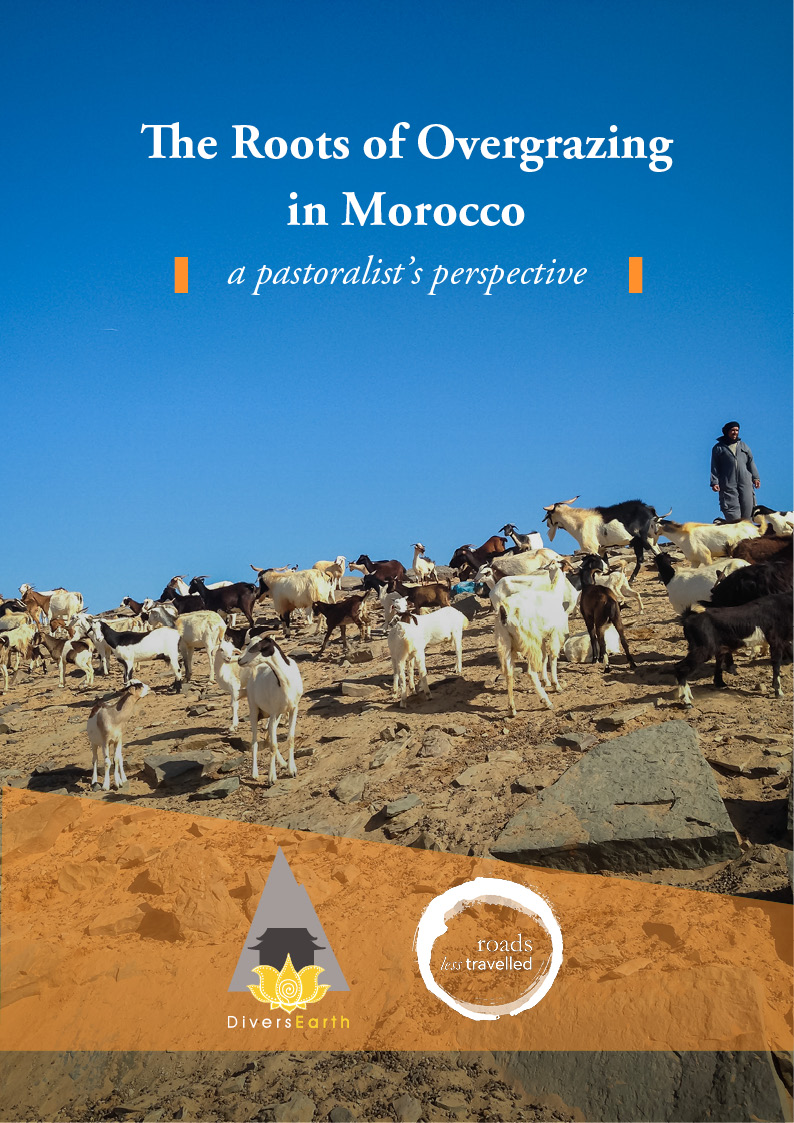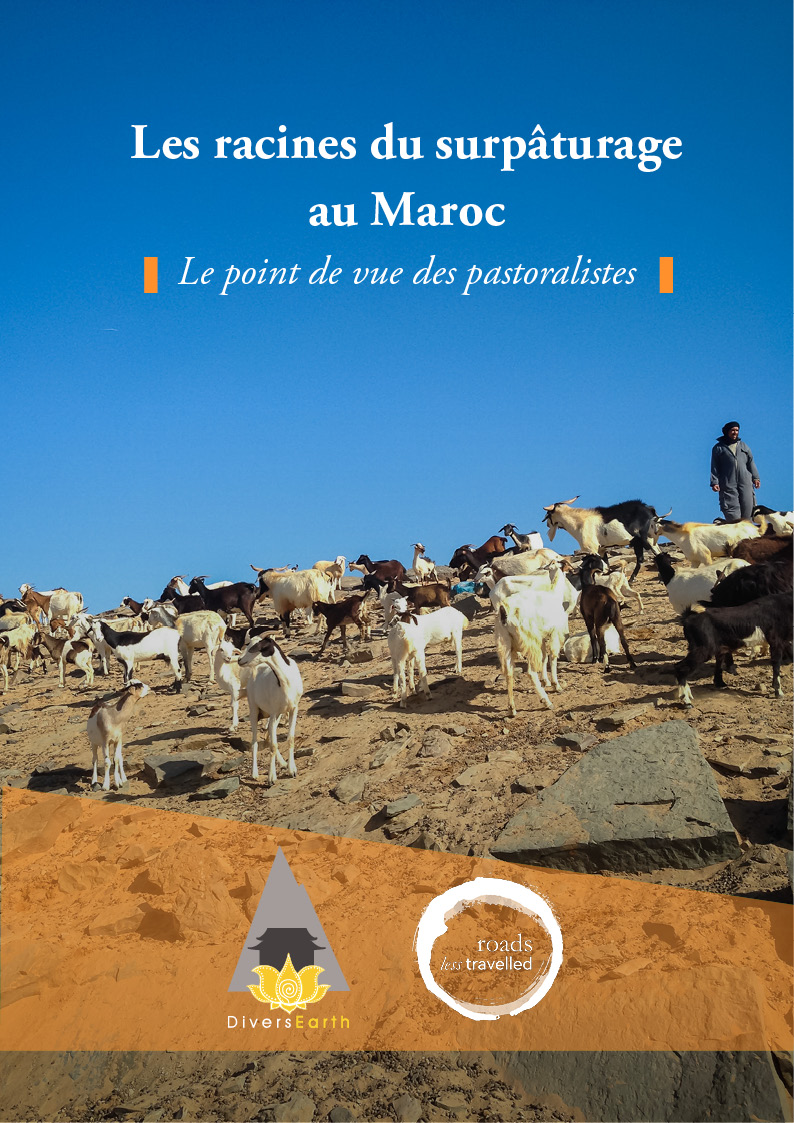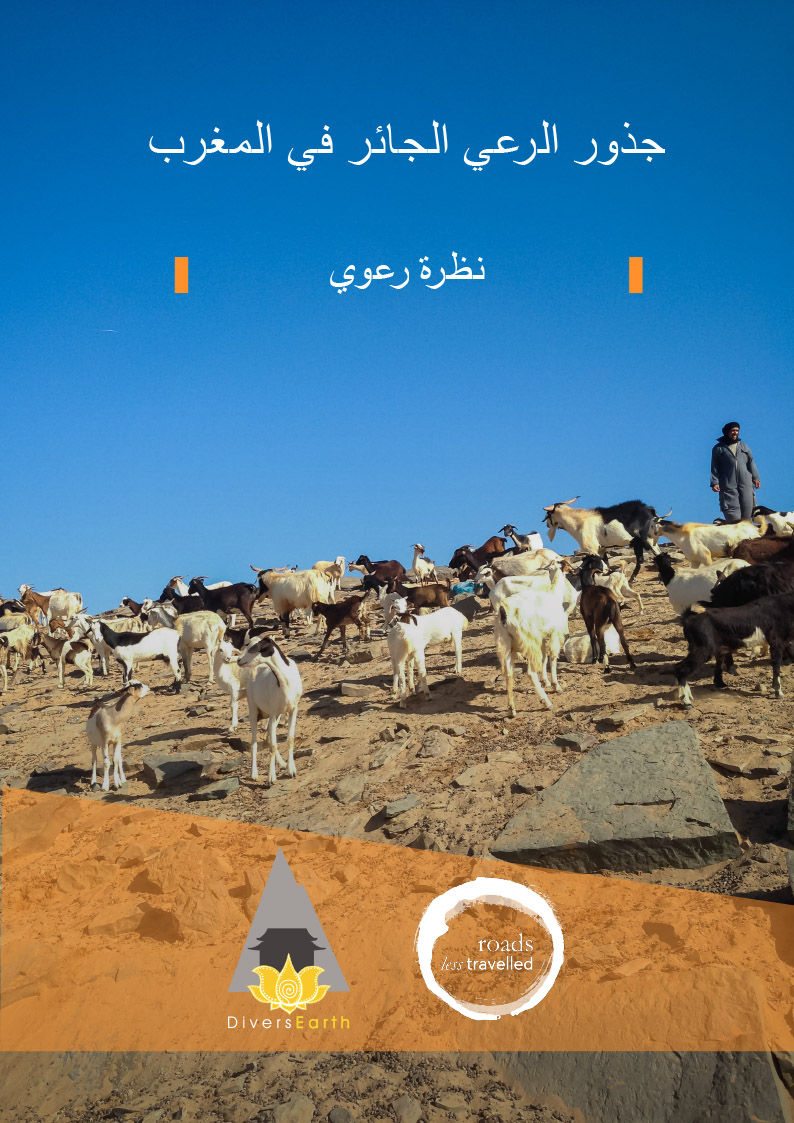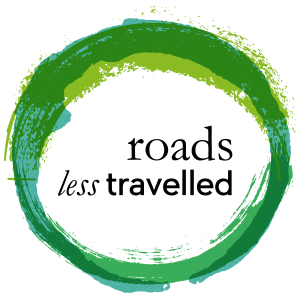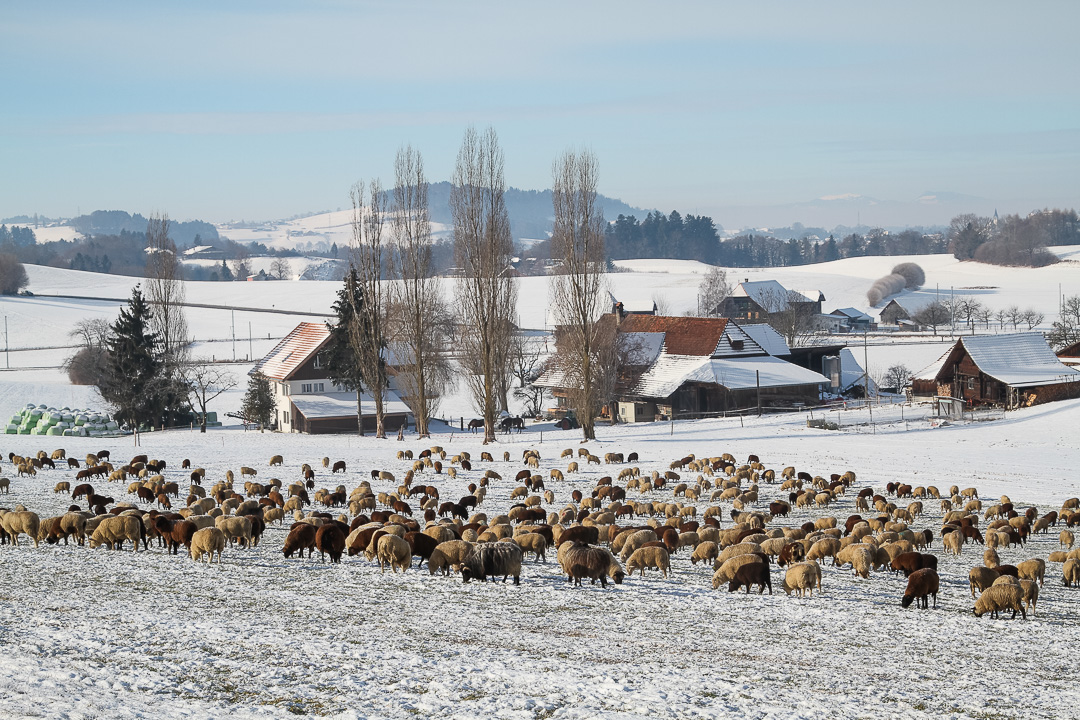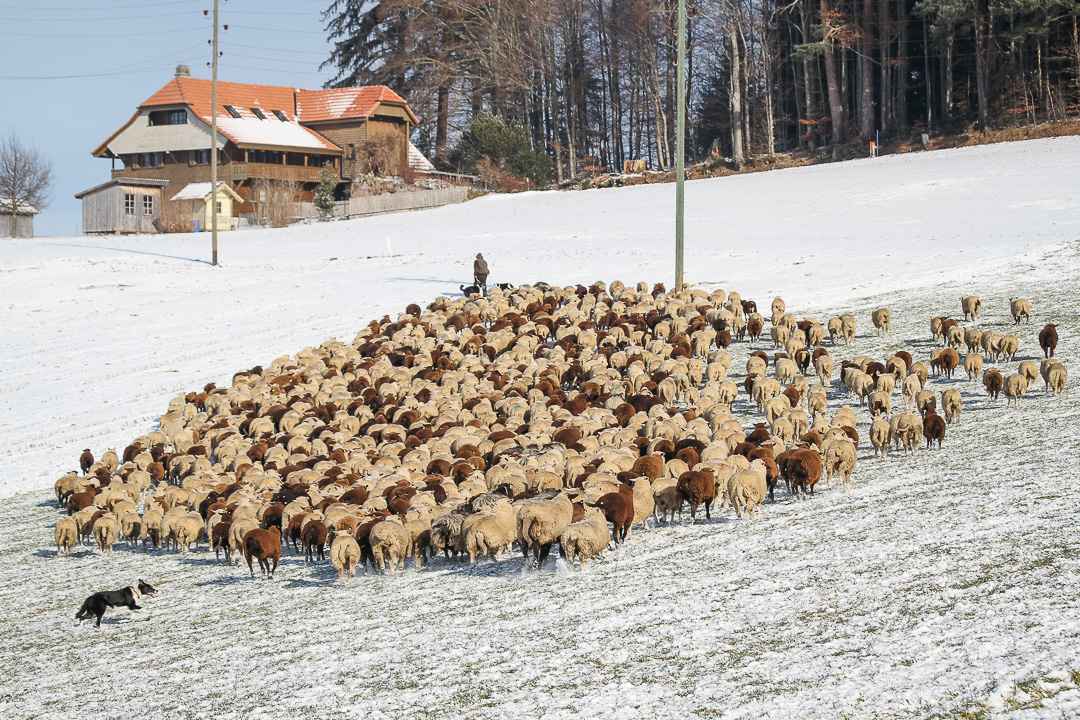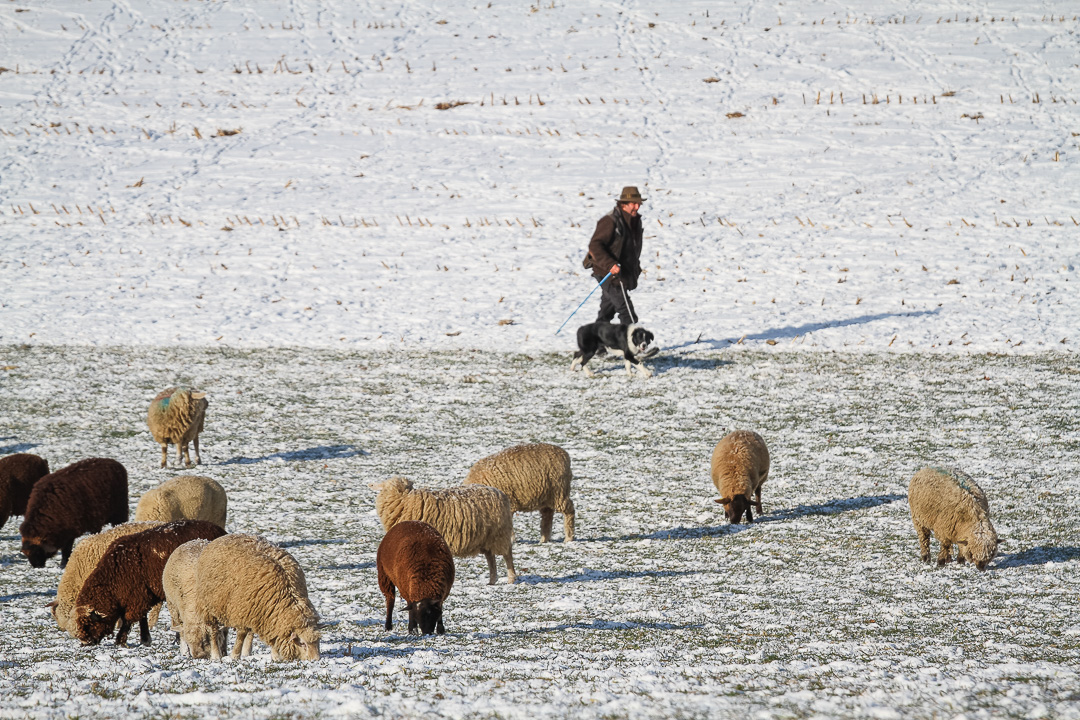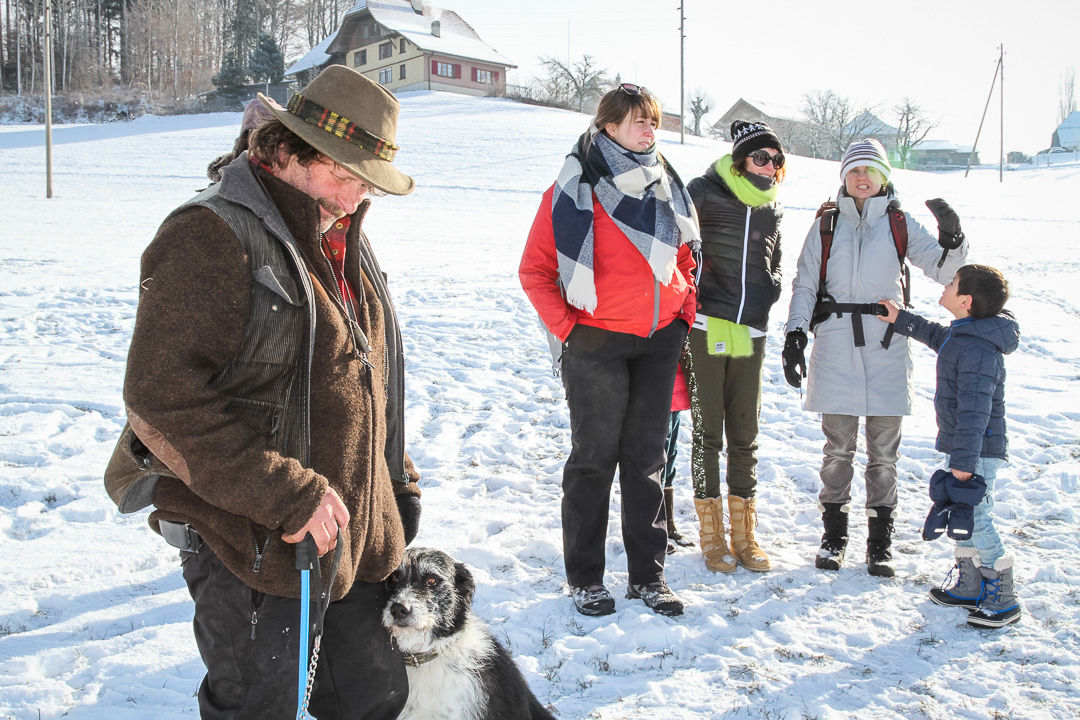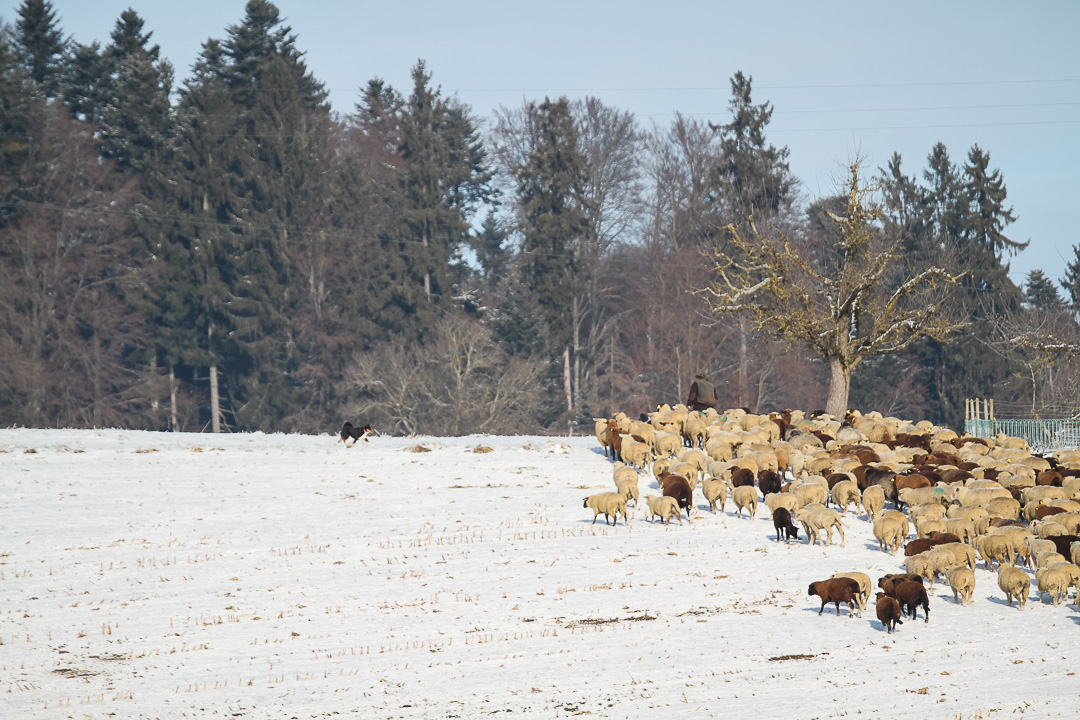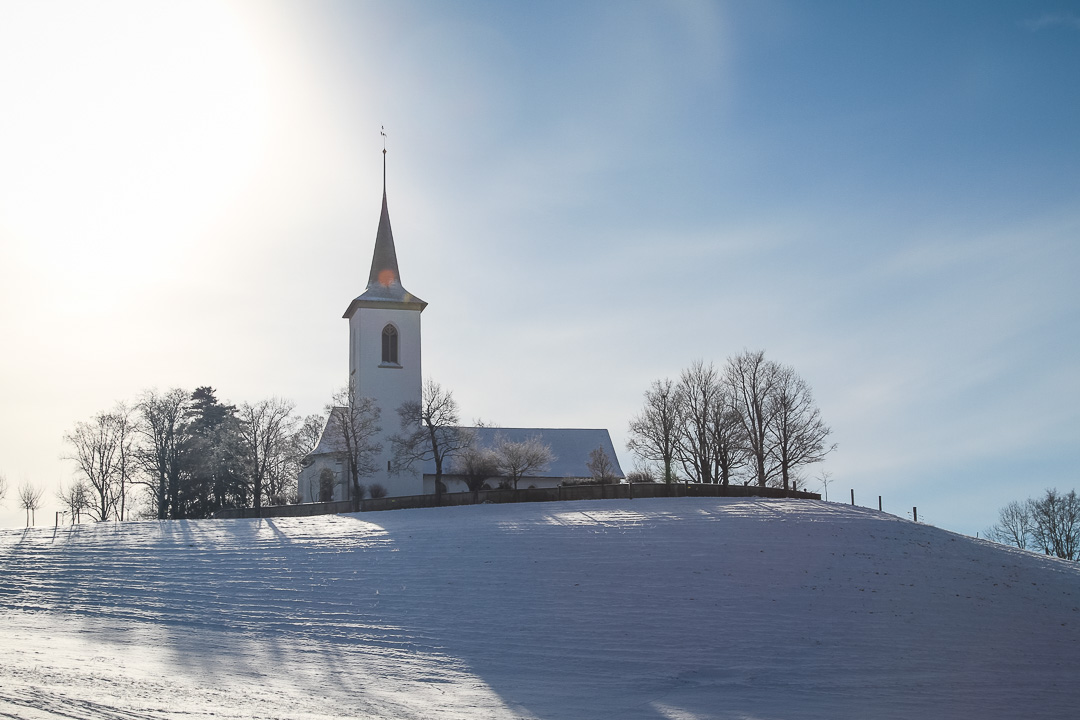Mobile pastoralism projects
Mobile pastoralism is hugely important for nature, for the climate as well for culture and spirituality. It is a threatened cultural practice and lifestyle that can be considered as a collective human heritage that we must value and protect.
To help support mobile pastoralism and the communities who are struggling to maintain it, DiversEarth is undertaking research and advocacy to make the case for its importance. We are also working directly with pastoralist communities, particularly with women wool workers, to enhance and diversify their crafting skills through exchange workshops.
Check out our projects and find out about mobile pastoralism and its links with protected areas, World Heritage sites, culture, rural livelihoods and spirituality through our Publications.
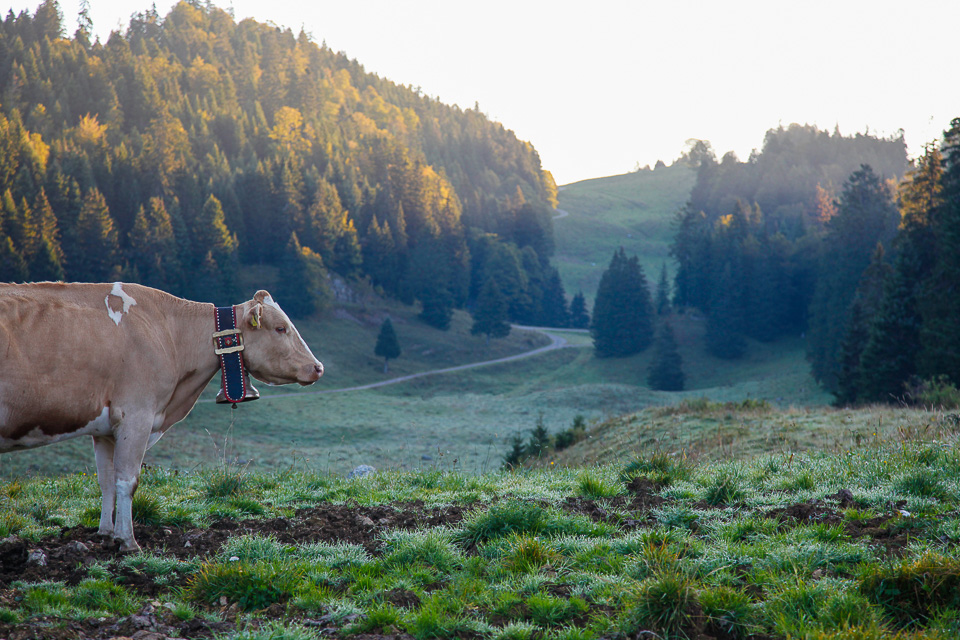
Photo credit: imagenature.com
The roots of overgrazing in Morocco
Mobile pastoralism has shaped the Mediterranean landscape for thousands of years. In the last 50 years, the abandonment of this practice has had a negative influence on biodiversity in some parts of the Mediterranean whereas in other parts, like in the Maghreb, overgrazing or badly managed grazing negatively impacts biodiversity. Unfortunately in such cases the whole practice is blamed rather than searching for the real root causes that lead to unsustainable practice. In order to better understand the root causes of overgrazing and the different dynamics that lead to it, we engaged Dr. Fagouri Said to delve into the issue and investigate the situation in Morocco. Customary laws and traditions, land use changes, wider socio-political and economic changes and pressures were taken into consideration. He met with several shepherd communities in different parts of Morocco, eliciting their perspectives.
Our brochure “The Roots of Overgrazing in Morocco: A pastoralist’s perspective” is based on the findings of his report and suggests some key solutions from a pastoralist perspective.
The Roots of Overgrazing in Morocco: A pastoralist’s perspective
Download in English:
Les racines du surpâturage au Maroc: Le point de vue des pastoralistes
Download in French:
Roads Less Travelled
Roads Less Travelled is a collaborative and global programme of work which supports and helps mobile pastoralist communities maintain their lifestyles and continue moving freely through the landscape.
Access our Roads Less Travelled initiative launch Press Release.
Check out DiversEarth and partners’ work in the Roads Less Travelled Initiative for mobile pastoralists.
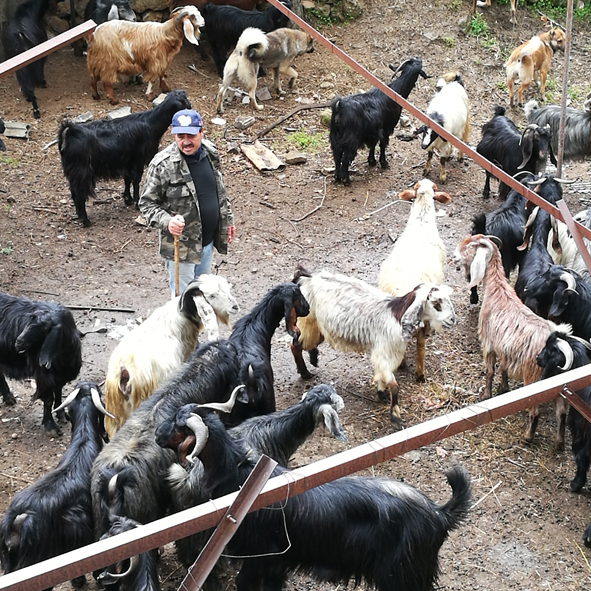
Towards an International Year of Rangelands and Pastoralism
With countless global partners, we are working in support of an International Year of Rangelands and Pastoralism. Excerpt from ‘The Cancun Statement’: Promoting Sustainable Pastoralism and Livestock Production for the Conservation of Biodiversity in Grasslands and Rangelands:
“We, the contributors to and participants of the COP13 Convention of Biodiversity side event ‘World’s Grasslands and Rangelands at Risk: the Role of pastoralists and Livestock to Conserve Global Biodiversity’, (…) declare that globally natural grasslands and rangelands are critically endangered and urgent action is required to protect and maintain the services they provide to sustain human life.”
Cancun declaration: https://drive.google.com/file/d/0B6qJcxU8A2KNbXBLLXJfMVVLc1U/edit
FAO Pastoralist Knowledge Hub: http://www.fao.org/pastoralist-knowledge-hub/news/detail/en/c/462196/
A day on winter transhumance
We started 2017 with a wonderful day in Gantrischt Natural Park in Switzerland, where family, friends, budding shepherds and fellow conservationists joined us to meet traditional Swiss Mobile Pastoralists and learn about their practice and way of life. Barbara and Markus Nyffeler have been raising and herding sheep for the last 25 years and we got a little glimpse of what their daily winter life entails – and the hard work involved in raising and managing an entire flock of sheep! Over a home made soul-warming soup, surrounded by snow and some friendly sheepdogs, we learnt about the newly formed association for “moutonniers” (sheep farmers), that they don’t put bells on their sheep as they prefer to traverse the countryside unnoticed, and that their sheep are mainly sold to restaurants and Halal butchers as they use the whole of the animal and waste very little.

